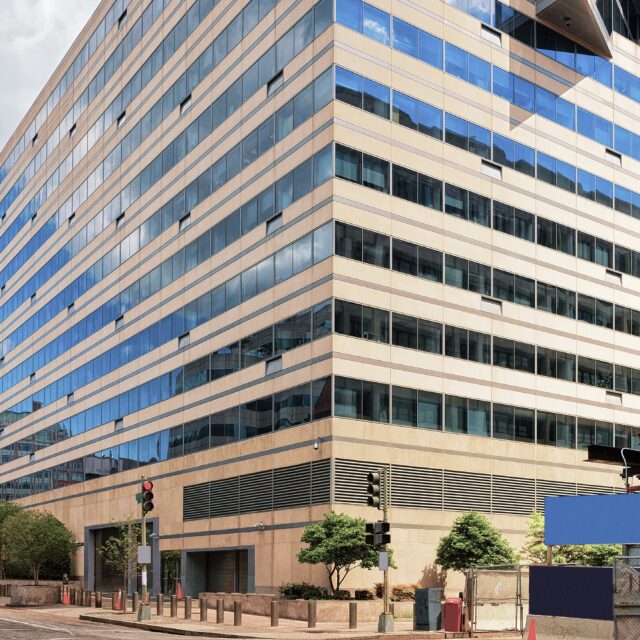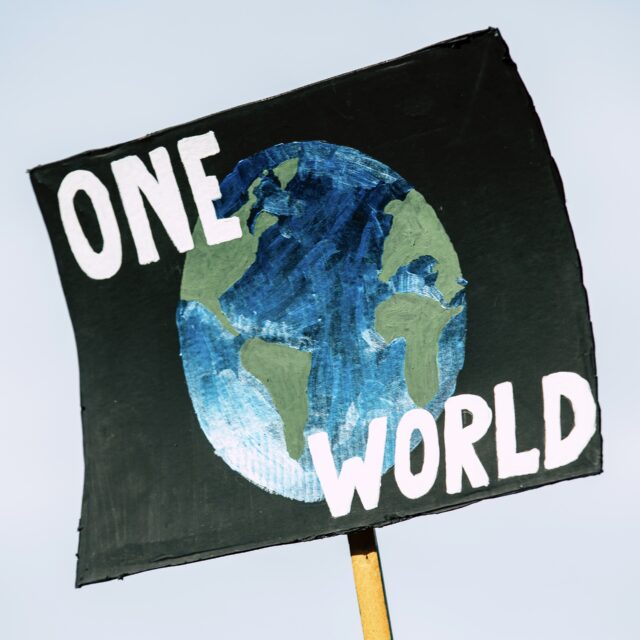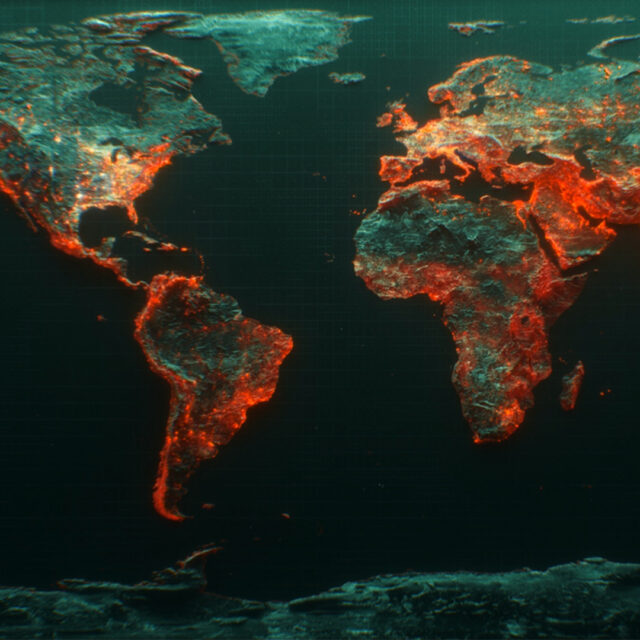Africa is declared free of wild polio thanks to extensive vaccination campaigns, a new report finds 2019 was the most dangerous year for humanitarian workers, and political talks stall after a coup in Mali.
Here are six stories you might have missed this month.
COVID-19 is derailing progress on AIDS, malaria, and TB
Before COVID-19, rates of HIV/AIDS, malaria, and tuberculosis were declining. But now, nearly 80% of TB, HIV, and malaria programs worldwide have reported disruptions in services, according to the New York Times. Part of the problem is diverted scientific attention, as the medical community pours resources into tackling COVID-19. But the problem goes beyond that: Lockdowns and disruptions in medical supplies and services are creating huge barriers to patients accessing medical care. As malaria season begins in Africa — which accounts for 90% of global malaria deaths — lockdowns are disrupting normal prevention measures, such as distributing insecticide-treated bed nets and spraying with pesticides. The Global Fund estimates that mitigating COVID-19’s impact on these three deadly diseases will require at least US$28.5 billion.
Africa declared free of wild polio
In more positive health news, Africa is officially free of wild polio, a highly infectious viral disease that can cause irreversible paralysis or even death. Nigeria — which accounted for more than half of all global cases less than 10 years ago — was the final African country to be declared free of wild polio just this week, thanks to routine immunisation, innovative strategies to vaccinate hard-to-reach children, and surveillance. While there is no cure for polio, it can be prevented by immunisation. Because polio mainly affects children under age 5, immunising children while they are young is critical. The world’s attention will now turn to Pakistan and Afghanistan, the only two countries where wild polio is still found.
UK public supports global vaccine equity
The UK public wants a COVID-19 vaccine to be available to all countries at the same time, regardless of how wealthy they are — and they’re willing to wait until after health workers in other countries get the vaccine first. That’s according to a new survey of the British public, commissioned by ONE and conducted by polling firm Savanta ComRes in mid-August. Earlier this month, the World Health Organization — and the Pope — called for an end to “vaccine nationalism” — the idea that if a country discovers a COVID-19 vaccine, it should prioritise vaccinating its own population. The WHO is also warning against hoarding, as a growing number of countries form bilateral deals to buy COVID-19 vaccines. According to the survey of the British public, 82% think the country that discovers a vaccine should share the knowledge, and 76% think that when a COVID-19 vaccine is found, it should be made available in all countries at the same time.
Coup leaves Mali in uncertainty
Earlier this month, a group led by five colonels orchestrated a coup in Mali, leading to the arrest and resignation of President Ibrahim Boubacar Keïta. Since then, talks between a delegation of West African envoys and the colonels have ended without a deal on how the country should return to civilian rule. President Keïta won a second term during the 2018 elections. But since June, Mali has seen large demonstrations over corruption, economic mismanagement, and disputed legislative elections. The military group — called the National Commission for the People’s Salvation — has called for a return to democratic elections: “Political patronage, the family management of state affairs, have ended up killing any opportunity for development in what little remains of this beautiful country.”
2019 was the most dangerous year for humanitarian aid workers
According to Humanitarian Outcomes latest Aid Worker Security Report, 483 humanitarian workers were attacked in 2019 in 277 incidents. Last year, 125 aid workers were killed, 234 were wounded, and 124 were kidnapped. Humanitarian health workers made up 42% of aid worker fatalities in 2019, a higher percentage than in any previous year recorded. The Democratic Republic of Congo saw the steepest rise in attacks, particularly in the northeast where there was violence against health workers responding to Ebola.
COVID-19 could displace more than 1 million people in the Sahel region
A new software tool from the Danish Refugee Council is predicting that COVID-19 will push more than 1 million people from their homes across the Sahel region. This displacement across Burkina Faso, Mali, Niger, and Nigeria will be the result of increasing conflict, unemployment, and human rights abuses. The software was used in the past with a high degree of accuracy to predict displacement in Afghanistan and Myanmar. The tool has a chance “to be a game-changer” because “early warning is one of the most important elements of early action,” according to Danish Minister for Development Rasmus Prehn.



